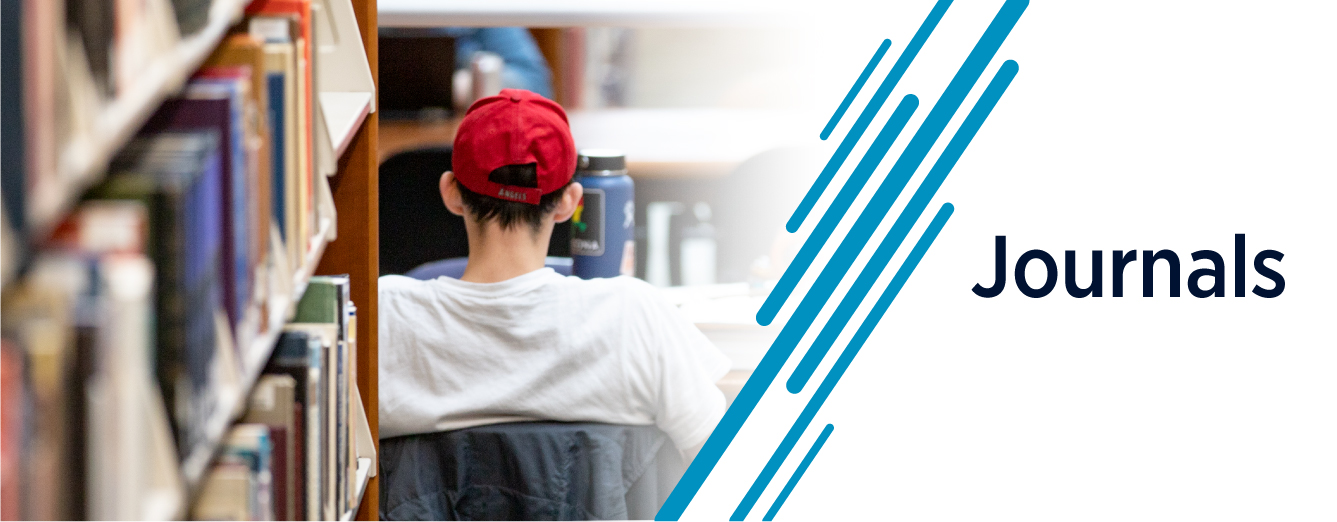Document Type
Article
Journal/Book Title/Conference
Decimonónica
Volume
17
Issue
2
Publisher
Decimonónica
Publication Date
2020
First Page
65
Last Page
80
Abstract
While Margaret Mead’s provocative statement that “motherhood is a biological necessity, but fatherhood is a social invention” may be inherently problematic, it successfully underlines “the role of the father” as a culturally-inscribed rather than universal construct (cited in Garbarino 13). In industrialized Western countries of the nineteenth century, the dominant gender ideology of the so-called separate spheres defined the “good father” as a “distant breadwinner” who, as unequivocal family patriarch, provided for his family’s material needs through monetarily-compensated work (Lupton and Barclay 14). Unsurprisingly, the dominant model of fatherhood that emerged in Spain in the second half of the nineteenth century fits this cultural paradigm. For example, while Manuel Alonso Martínez argues in his 1875 treatise on the family that both parents are responsible for their children’s welfare (41), he is careful to cast the father in the role of provider: “El derecho de la madre y del hijo a alimentarse, vestirse y tener una morada, supone pues deberes correlativos en el padre” (37, his emphasis). An influential jurist and politician, Alonso Martínez is also the principal author of Spain’s 1889 Código civil, which in article 154 legislates la patria potestad, guaranteeing a father’s absolute paternal authority over his underage children (Muñoz López 15; 42).
Recommended Citation
Miller, Gabrielle, "¡Mi hijo es mío, puñales! Excessive Paternal Devotion in Benito Pérez Galdós’s Torquemada Novels" (2020). Decimonónica. Paper 77.
https://digitalcommons.usu.edu/decimononica/77


